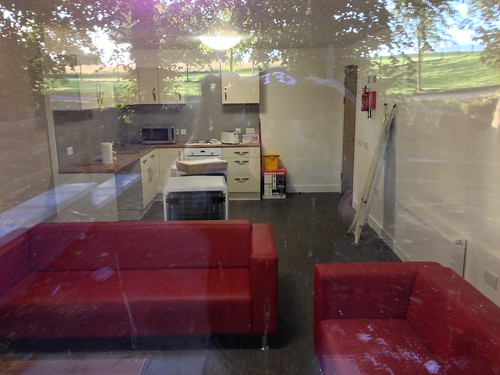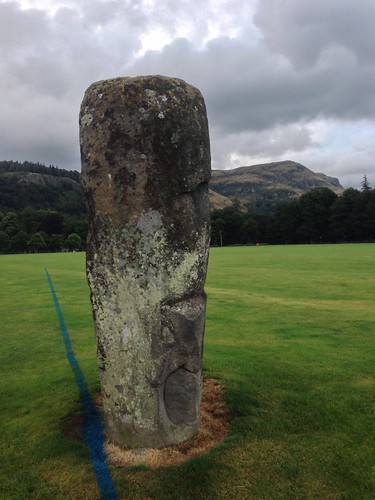Here’s what I’m trying to help the kids understand. We’ve been making messes for a very long while and we have known pretty much all along that we were doing so. The histories of our mess-making really matter. Getting at the details lets you see how a trajectory was constructed piece by piece, opening up some possibilities and forclosing others. Further: We may have very good intentions as individuals, but the options we have available to choose among are structured by larger, impersonal forces. Huge collective investments have supported and promoted all those unfortunate individual decisions and have made it hard for people to make good choices. To me, this suggests that huge collective investments in support of good decisions are needed. If a capitalist system must grow to survive, let’s grow toward, not away from, the world we want.
One interesting aspect of Jennifer's research on the history of coal mining on the River Devon, is that when you look at the documentary evidence, environmental concerns are raised from the very beginning of planning, starting with correspondence between John Erskine and his engineers around the turn of the 18th century.





